Forget sexual consent apps, it’s about education and respect
Many Australian men have no idea about how sex starts, and often continues, for girls. Brace yourself for the disturbing truth.
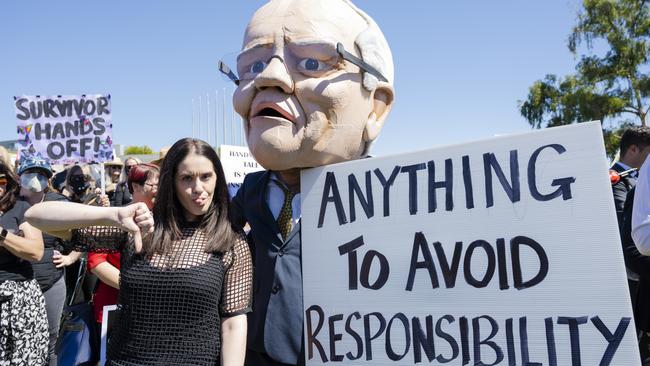
How easy is it going to be for a bloke to get a swipe-right from a woman who is chucking up in a bucket, she wanted to know? Quite right. Also, what’s to stop somebody from swiping the app for you, while you’re too drunk to stand?
How soon will we see a predator using the green tick to say, “See, I didn’t rape her! She was up for whatever went down.”
Also, what happens when you swipe right for yes, then change your mind when he tries to extend things beyond your comfort zone? And, who’s going to make this app? One of those creepy dudes from Facebook who can’t even understand why the massacre and suicide livestreams should come down? No thank you.
The government? No thank you again (although it would be interesting to see what they’d call it: CoitalSafe? Or F..ksSafe?) No, no, and no.
The idea — more like a classic Aussie brain fart — came from NSW police commissioner Mick Fuller, who said at the time that it might be the worst idea he’d had this year, before immediately being proven right.
Still, it was a bit odd to find it coming from a cop. Why do we need an app, Mick, when we’ve got a police force? It’s run in NSW … by you! Except that we all know how the legal system — existing law, the police, the courts — runs just like CovidSafe. As in, you might as well not have it.
Because here’s how it currently works: women and girls get assaulted, and nothing happens, and then the matter goes away. But not for them.
Why does it work this way?
Because women and girls are too ashamed to speak up when they’ve been assaulted; or else too fearful; or else they blame themselves; or else it’s her word against his and she knows she won’t be believed; or else there’s no evidence; or gathering the evidence is too horrifying an idea; and because it’s so much easier to just try to forget. Except they can’t. Which is why it doesn’t go away for them.
Which is why it’s also so important that Australia is now having this urgent, national conversation about consent.
Many men seem to have no idea how much unwanted sex — sexual assault and harassment basically — women endure over the course of their lives. In particular, they have no idea about how sex starts, and often continues, for girls.
Girls in Australia are being forced, cajoled, coerced or tricked into sex, often from an early age. Sometimes, it’s performing sex acts they don’t want to perform; sometime it’s about gaining access to a girl’s body.
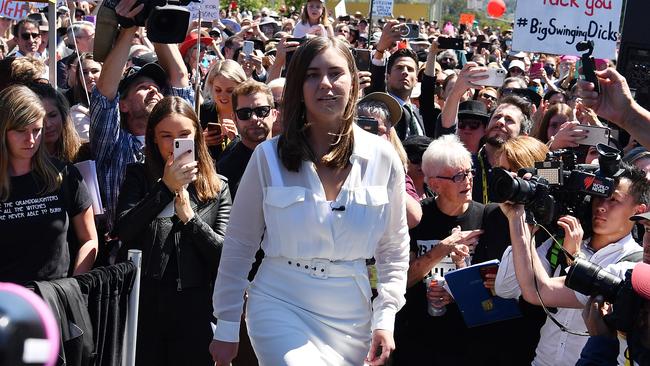
Men — and, most importantly, boys — don’t seem to understand that girls, for a range of complex reasons (guilt, shame, anxiety, fear) don’t always know how to say no.
Thus we have a situation where boys are pushing themselves onto girls, who feel powerless to stop them. Girls are being made to do things they don’t want to do, earlier than they want to do them, by boys who feel curious, or entitled to explore.
You may not believe that such a thing is happening, but you don’t have to take my word for it. You can take the testimony of the 5000 Australian girls who have this month posted their experiences with sexual assault to a website established by a former Sydney schoolgirl, Chanel Contos.
Contos, 23, was assaulted by a boy — that is, forced to do something she didn’t want to do — when she was a student at a prestigious all-girls school in Sydney. She was 13. She didn’t know it was assault, because she didn’t know how — or that she was allowed — to say no.
It was many years before she confided her experience to a friend, who immediately said that something similar had happened to her.
They knew it was affecting their adult relationships (one of the worst things about this story is how girls are being assaulted in a routine manner while growing up, and then we send boys and girls into the world to try to work and live together).
Contos put a post on Instagram, asking whether other girls had similar stories — and then stood back, as the messages flooded in. One girl said she didn’t consent so much as “cave in” to pressure to start having sex when she was 13. “I knew I wasn’t ready. I don’t know why I felt this pressure, but I did, and it made me feel sick,” she said.

Another girl said: “We weren’t taught anything. I thought a man just haggling you was what they did, and women just gave in.”
Many girls remembered drinking until they passed out and waking to find themselves being assaulted, often by more than one boy. “I thought it was my fault because I got so drunk,” said one.
“I was only 13 and he was almost 17, it was New Years’ and he liked me, so I thought I had to like him back,” said another.
One girl said: “It has always stuck with me that it was something I never wanted to happen. I felt pressured into giving consent and still feel sick about it … I doubt he has ever given it a second thought … I spent my life thinking it was my fault and I’d done wrong.”
Another said: “I was 14 … he said if we had sex, he would be my boyfriend … he kept going while I lay there crying … when we came out of the bedroom, his friend congratulated him.”
One girl said she knew she had been filmed. Plenty said other kids had gathered around to watch while they were being groped while drunk. One wrote that she had developed a “reputation” after having sex, so regularly got drunk, “and I didn’t want to (have sex) but only did because I felt I may as well live up to the names I was getting called … I seriously struggled to have sex sober for the years following … I didn’t feel I deserved anyone good.”
On and on it goes, for hundreds of pages.
Is this really how you want your teenage daughter to experience sex? Of course it’s not. So what can be done?
Some say alcohol is the problem, and that is partly right. Ask around, you’ll discover that teenagers host these things call “gatherings” — we used to say parties — where kids smuggle alcohol, or the “cool” parents provide it. We know what happens when kids get drunk. Girls get assaulted.
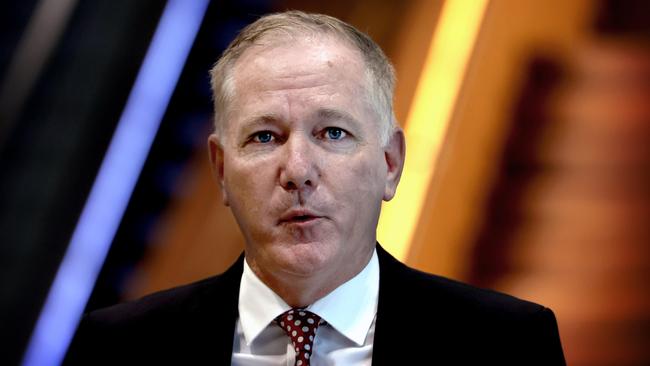
Parents should supervise more closely, but it is naive to think young people are not going to drink and experiment. They are.
Some say it is not alcohol — there’s always been alcohol — but it might be pornography.
Remember how shocked you were to find a tame 1970s Playboy in your Dad’s shed? Children these days have access to unfiltered, unclassified pornography on their phones, from primary school (please don’t think “my kid would never look, he’s not interested” — because there’s always a bigger kid in the playground who cannot wait to show him.) We could talk about trying to restrict access to pornography, but the horse has bolted.
Young people have some better ideas. Contos, for example, has started a petition calling for consent to be part of sex education from an early age.
“We are advocating for younger generations to receive an education that (we) received far too late,” Contos writes on her petition.
“We are sad and angry we did not receive an adequate education regarding what amounts to sexual assault,” she adds.
It’s interesting, isn’t it? Girls don’t want to be told to “avoid sex” or to “keep themselves nice” as the old saying used to go. They are just as curious and delighted by the idea of sex as the boys are.
But they don’t want sex education to be “what goes where” and “how to make a baby” (or, more likely these days, how to avoid making a baby). They are looking forward to a shared and hopefully wonderful experience.
But to get there, you need consent. And to get there, you need respect.


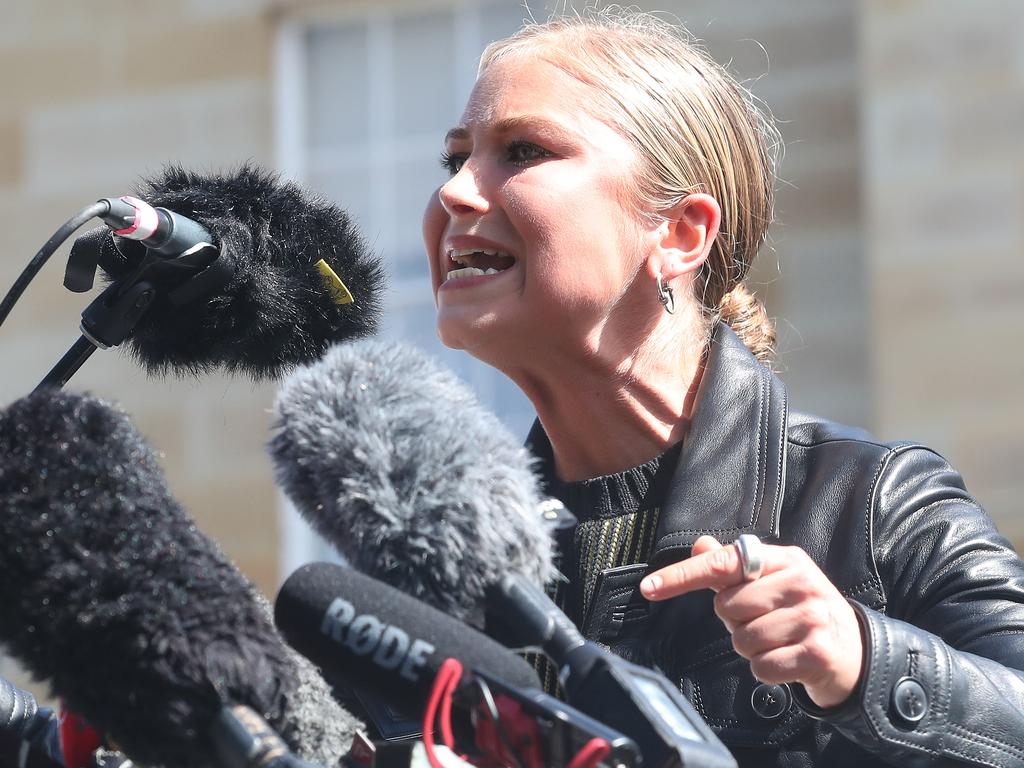
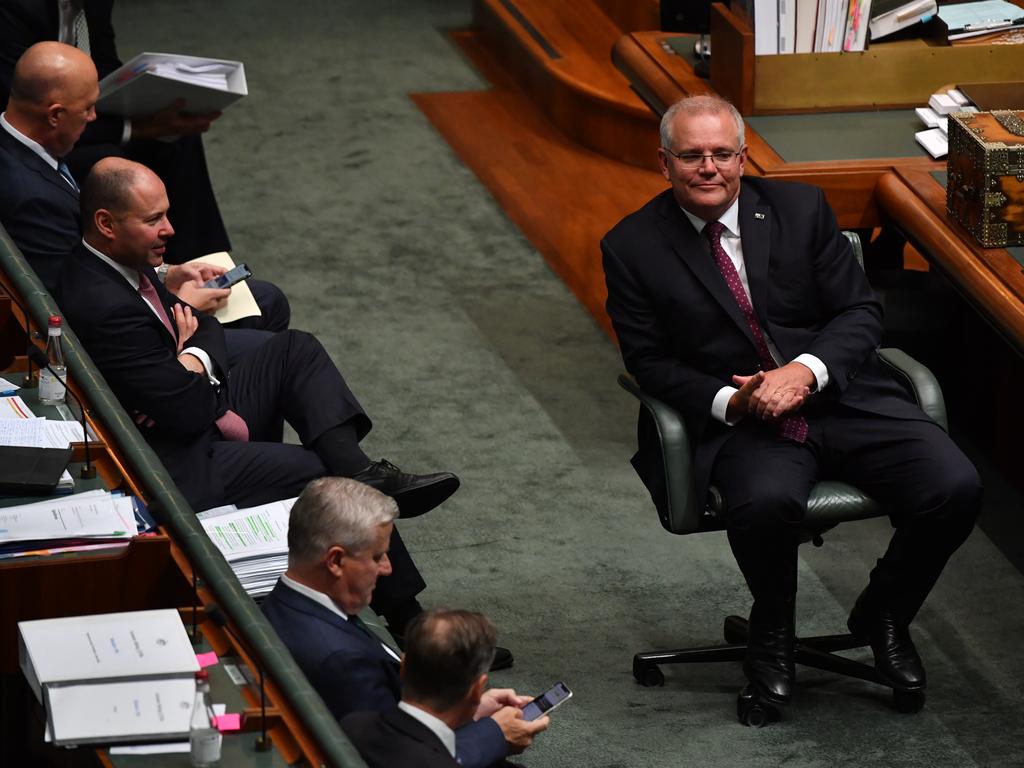
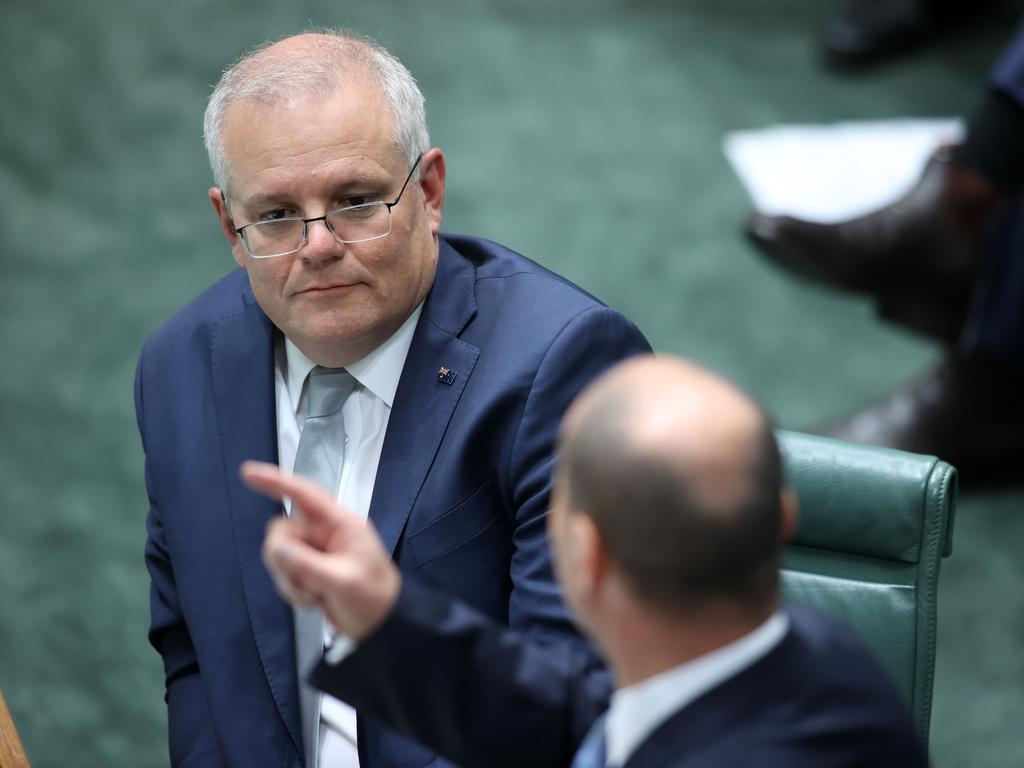
Do we need a consent app for sexual relations? No, we don’t, and thanks should immediately go to Jacqui Lambie for cutting right to the chase on this one.